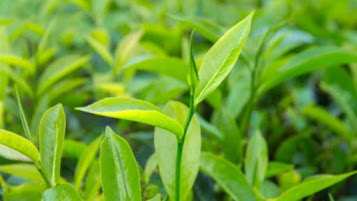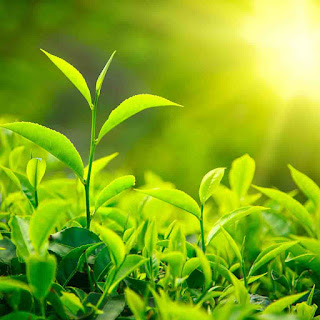 |
A-One Tea
|
Since the British rule introducing black tea in the region back in 1840,
the consumption of tea has never been receded in Bengal, only to be
found today as the cheapest drink available in the market or to be part
of a luxurious lifestyle as an exclusive brew. A “storm over a tea cup”
is ever present in our daily life, may it be dusk or dawn. And the
market story behind the scenario is evermore grand and lucrative one.
Standing as the producer of 2% of total world production, Bangladesh is
now on the brink of new export opportunities in this sector
Tea is most favorite drink item in Bangladesh. No one you can find who do not drink a cup of tea in his daily life. Now a days tea item is the most refreshing item in the whole world not only Bangladesh. Color tea I mean tea making without mixing additional milk, or other something it is very healthy for all ages man or women. I know, color tea is a subsidiary item for over weight loose. It is also helpful for heart disease. Here we produce one sort of tea its brand name A-one tea. There are many kind of tea we have such as Black tea, Red tea, and Green tea.
Types of Tea
Bangladesh has a long history of
producing CTC (Cut, Tear, Curl) black tea. But in recent decades, the
industry has also started producing green and oolong tea, introducing
new tastes and blends for the local as well as global consumers.
Traditionally the local consumers are accustomed to the black tea which
is fully fermented and more oxidized than other kinds. The most popular
preparation supplements are milk, molasses, ginger, lemon and mint along
with the newer additions like satkora, malta, tamarind, chilli etc.
Regardless of the choices, the demand of black tea is forever high.But as the standard of life is changing, people are opting for more
changes. Green tea is gaining popularity rapidly among the
health-conscious community. Green tea is non-fermented and has a
subtler, delicate flavor for the ones wishing to enjoy a refreshing
touch. It is also rich in medicinal properties. Therefore, the
consumption of green tea has increased notably among the recent years.
The most recent addition in the list is ‘White tea’. White tea comes
from the buds of the tea plant and is very lightly fermented-processed.
Considering these aspects, the industry has moved to value addition of
tea.
Tea regions
The major number of tea estates
and gardens are located in the hilly districts of Bangladesh e.g.
Sylhet, Moulvibazar and Habigonj which are located closer to Assam of
India. The first commercial cultivation of tea in Bangladesh started at
Malnicharra Estate in 1857 in Sylhet. Next to Sylhet, Chattogram is the
largest tea producing area of Bangladesh. Opposite to the popular belief
that rainy and hilly areas are only suitable for tea gardens, a large
number of gardens has been set up and thriving in the dry land of
Panchagarh district of north-Bengal. Tea cultivation initiated in
Panchagarh in 2001 A.D and within short period of time 8 tea gardens are
established in that area. One of eight gardens is producing organic tea
with high quality and some of them have started exporting in different
countries including in U.K and U.S.A. Apart from this area Halda Valley
Tea garden is the highest yielding tea garden per hector situated in
Fatikchari, Chittagong.
Internal Market
For the last ten years the
domestic production of tea has hardly met the consumption amount. In
2008 the export was 8.39 million kg worth of 976.95 million BDT making
the highest mark in the past ten years. But as the consumption of tea is
greater than the production, the market in also dependent on importing
from foreign sources to fulfill the national demand. In 2018 the
production target was set for 72 million kg however it was produced more
than 82 million kg.In domestic market, tea is sold either
through direct sales or through auction. The tea estates can sell 15% to
20% of total production in the local market. The rest of the sales are
generated through tea auction market in Chattogram & Sreemangal. The
auction was established back in 1949 by British and Australian traders.
Currently the auction center is established in the international scene
along with the local market. The new weekly auction system has generated
much interest among the buyers. Recently the market has experienced a
price increase of 31% from April 2018. This increase in the market price
is mostly due to factors of high domestic demand, improved quality
production and lower production. Moreover, as the import duty on
processed tea was reduced by government on 2010, importing foreign tea
has been on the rise since 2011. As a result, the prices are unstable in
local market.









